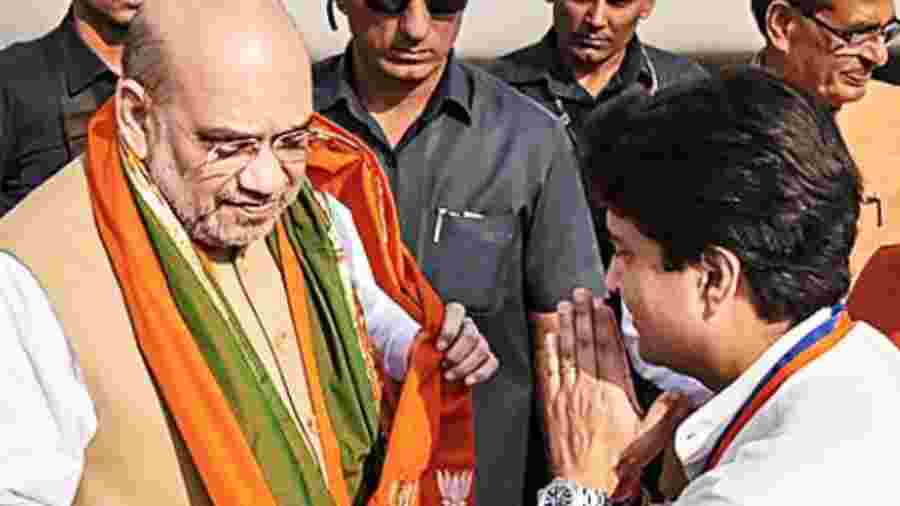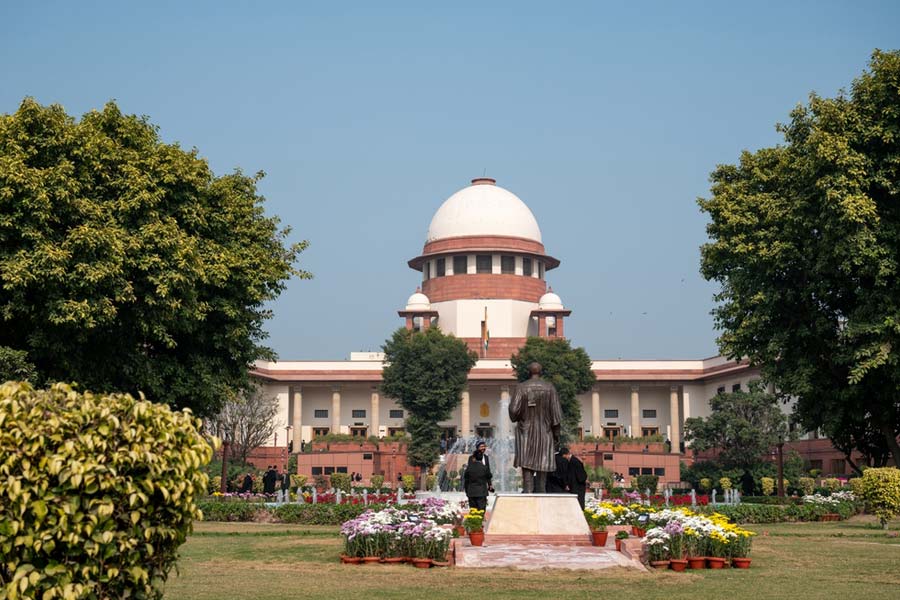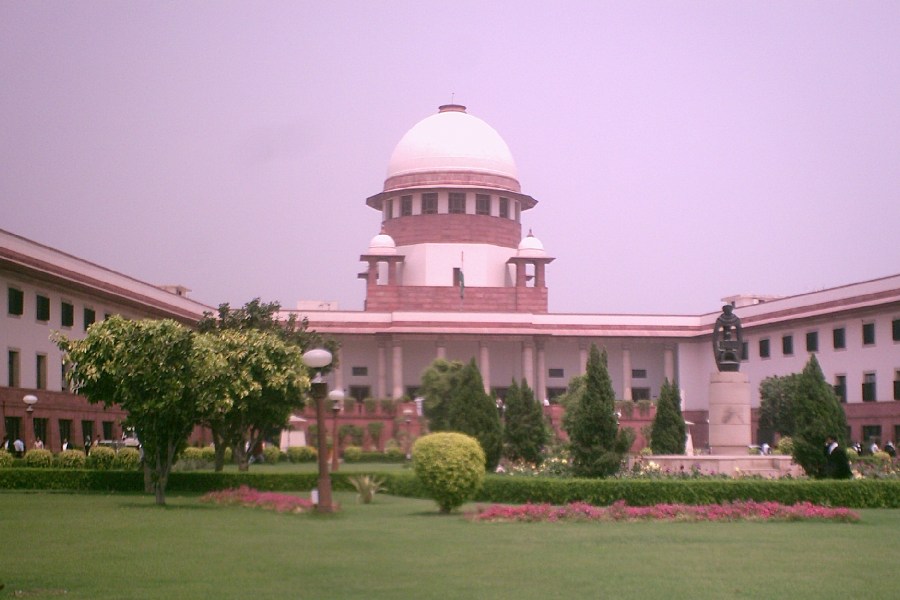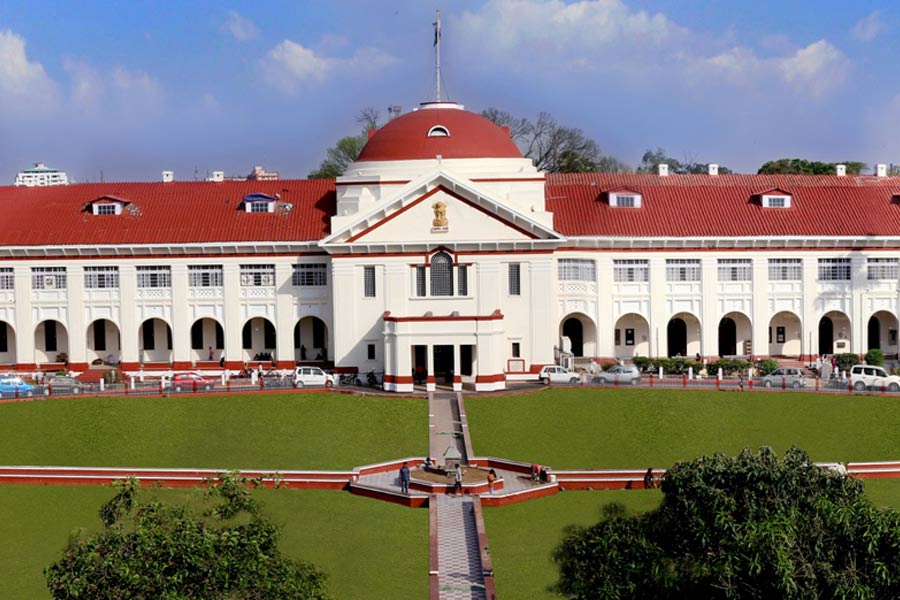The tussle between the Punjab government and the state governor after an alleged poaching attempt of Aam Aadmi Party MLAs has, once again, established two important realities. First, the flow of unaccountable money into the political system has led to an increase in the cases of defection. Second, strong leadership and internal democracy within a party help prevent defections.
There have been countless suggestions to strengthen the anti-defection law passed by Parliament in 1985. Nearly four decades down the line, political parties have found loopholes in the anti-defection legal mechanism. First, one of the clauses in the law has become a blessing in disguise: it allows at least two-thirds of the party to defect without inviting any trouble. The jumping of ship by MLAs led by Eknath Shinde in Maharashtra is an example of this and shows how defection is used to change the political landscape. A second example was from Madhya Pradesh where 22 legislators close to Jyotiraditya Scindia resigned from the House, switched political outfits, re-contested bypolls under a new symbol and returned to the House, this time as members of the Bharatiya Janata Party.
Second, the law empowers the Speaker to have the last word on defection. The chairman of the House is mostly controlled by the ruling faction and tends to favour his/ her political master. This partisanship has merited judicial remedies.
Can a strong internal party system make a difference?
According to the Association of Democratic Reforms, the maximum number of defections took place in the Congress: 222 candidates shifted their loyalties between 2014-2021. Many of the disgruntled leaders who left the Congress cited their inability to reach the Gandhis in order to express their concerns.
Defection’s failure within the AAP in Punjab and Delhi sets an interesting example. The AAP has, time and again, managed to dodge defections— be it in 2013 when the BJP was short of majority by 4 in Delhi or, more recently, in Punjab. The AAP and other regional parties have a strong internal communication mechanism precisely because of their nascent stage of evolution. Unlike the Congress that has multiple power centres, the AAP’s internal communication is channelised and crisp, helping it to pacify disgruntled leaders.
Since the BJP came to power at the Centre, governments have been toppled in at least seven states and defections have become common. This trend cannot be viewed in isolation: an inordinate sum of money is being pumped into the political system. This spate of toppling governments with the help of surging funds has coincided with the emergence of electoral bonds in the political system. This has been a defining moment in the setting up of the template of orchestrating defections by the ruling party. Not only the flow of secret funds through electoral bonds but also exempting political parties from FCRA rules and non-compliance with RTI regulations holds the key in making the nexus between the electoral system and corruption invisible. In2019-20, the BJP declared highest assets worth Rs 4,847crore. As per data of the Election Commission, during2019-20, the BJP received over75 per cent of the total electoral bonds worth Rs 3,435 crore.
This opacity encourages defections as well as instability in the political ecosystem. It is not only weakening the system but is also a betrayal of people’s mandate and of democracy.
(Sara Jamal and Talha Rashid are researchers and political strategists working with Reify Consulting. Views are personal)










